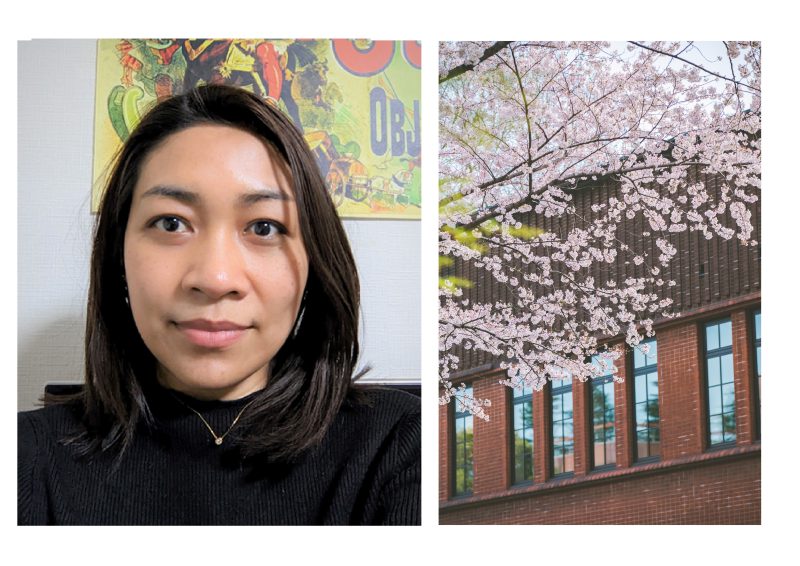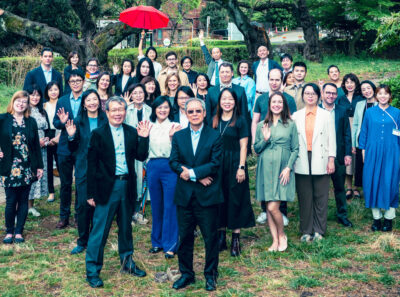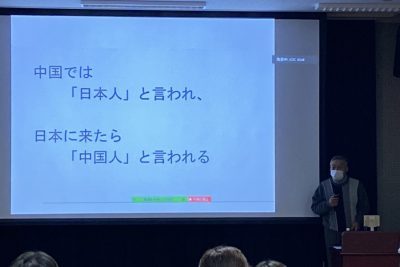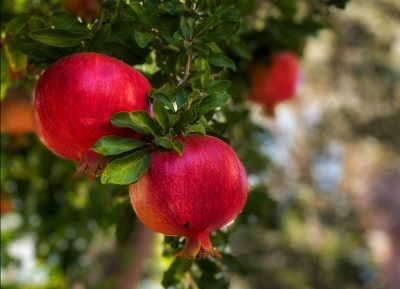New Member Interview: Postdoctoral Fellow Yen Yen Sally RAHAYU

In this blog series, we interview new members of Tokyo College. For this entry, we spoke with Dr. Yen Yen Sally RAHAYU, a Postdoctoral Fellow who joined us this April.
Welcome to Tokyo College! Could you tell us a little bit about what you were doing before joining the College?
I am a chemist by training with a strong interest in interdisciplinary research. My research activities have mainly centred around the value of the local resource, human health and behaviour, and the nexus between them. I investigated the biochemical process of fermentation of a local Japanese mould that produces a second metabolites compound with a great health benefit value of decreasing hypertension. In my doctoral dissertation, I continued my work on exploring local resources by focusing on the use of the biodiversity of medicinal plants (traditional herbal medicines) in the context of Indonesia's intercultural health practices. I drew on quantitative and qualitative approaches from ethnobotany, sociology medicines, and behavioural study. As a postdoc researcher in UTokyo’s Department of Global Agricultural Sciences, I engaged in an ethnobotanical study to assess the diversity of underutilized wild edible fruits found in Eastern Bhutan. I was also involved in interdisciplinary research projects, including an assessment of the effect of salt intake and cold chains on the improvement of national health in Southeast Asia, where I contributed to the evaluation of human ecology, as well as a project on marine plastic pollution in Japan, during which I worked on the quantitative approach using structural equation modelling to analyze pro-environmental behaviour. My research interests also include the mediation aspects of biodiversity use. I explored the interface between technological and regulatory aspects of medicinal plants by examining the adoption of "DNA-barcoding" technology for medicinal plant species identification in the global herbal value chain.
Could you explain your current research project(s)?
I am continuing my exploration of the value of biodiversity of medicinal plants by focusing on mediation aspects. The current study was developed from my latest work examining the adoption of DNA barcoding technology for medicinal plants species identification/authentication. DNA barcodes are short gene sequences taken from a standardized portion of the genome that can be used to identify biological samples at the species level. I’m working on the global governance of knowledge commons in the context of the use of DNA barcoding in the context of medicinal plants. The term “knowledge commons” refers to information, data, and content—digital resources—collectively owned and managed by a community of users. What distinguishes a knowledge common from a shared physical resource is that digital resources are non-subtractable. A DNA barcode (sequence data, associated metadata, and biological samples included) is a type of knowledge commons. Collective action on the part of stakeholders to create and use knowledge commons has potential benefits for all involved, including minimizing costs and sharing risks. However, gaps remain in understanding how institutional arrangements for DNA barcoding may promote collective action in a global context. In addition, the impact of such shared commons on the biological diversity of developing countries that have “mega biodiversity” (e.g., Indonesia), not to mention its social impact on local communities, remain unclear. I am interested in looking if and how DNA barcode commons attributes, including resource governance and infrastructure management, facilitate global participation in DNA barcoding efforts through a case study involving the DNA barcoding of medicinal plants. Furthermore, the impact on biological diversity and social aspects of local communities will be evaluated. Understanding the governance of DNA barcoding commons of medicinal plants has important implications for conservation and sustainable use of biological diversity, hence future society.
What are your goals for your tenure at the College?
Being involved in inter/cross-disciplinary and collaborative research projects has been a humbling and valuable experience. It has opened my eyes to the needed multiple perspective-based solutions for multi-faceted issues in societies. Tokyo College is among the few institutions in Japan to emphasize cross-disciplinary and collaborative research with international research environments, making it highly unique compared to other institutions. In addition to publishing the results of my work, my goal at Tokyo College is to participate in discussions that can contribute to the realization of a sustainable and inclusive future for humanity with researchers from various backgrounds both within and between institutions.








